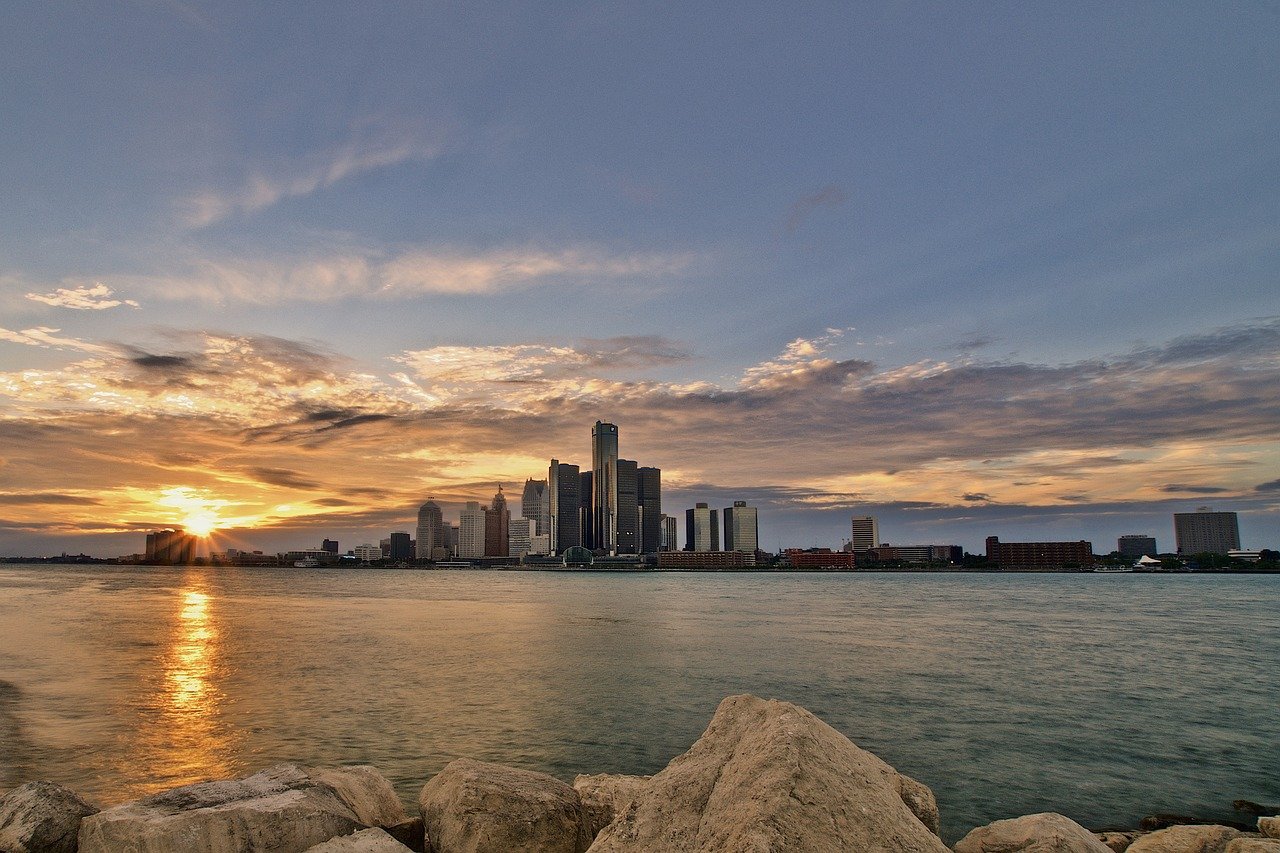Michigan has two active poker operators, but it is striving to join a Multi-State Internet Gaming Agreement (MSIGA). PokerStars was the first site to introduce online poker in the state. But, BetMGM MI later formed a duopoly in the state as the second operator.
Poker enthusiasts in the Wolverine State have been expecting other operators to venture into the local market, but this hasn't happened. Reports state that WSOP MI will launch soon, yet online poker's expansion has been delayed due to a lack of verifiable information about shared liquidity. Even so, this will change quickly, as MI Gaming Review reported last Friday that it is inevitable that Michigan (MI) wants to join MSIGA.
The agreement will allow poker operators to share their liquidity with different states. The Michigan Gaming Control Board (MGCB) said that it has suggested several changes to the impact, which is a clear sign of Michigan being part of the player pool that Delaware, Nevada, and New Jersey share.
MGCB's Spokesperson's Statement
Mary Kay Bean, MGCB's spokeswoman, stated that Michigan requested to join the liquidity compact last year, submitted suggested changes based on its gaming law's requirements, and is awaiting feedback on whether its request will be granted. This was after MI Gaming Review published a report on February 3 indicating that confusion on whether the regulator or legislator should sign the bill is hindering the state's progress.
Bean said that Michigan grants the MGCB's executive director the power to sign the interstate compact. This official confirmation shows that the Wolverine State has made some movements about the issue.
The Current State of Shared Liquidity in the U.S.
MSIGA permits operators with operations in various states to share traffic in states that allow online poker. For instance, the World Series of Poker (WSOP) operates in Nevada, New Jersey (NJ), and Delaware, and all the states are in MSIGA.
So, players on its network form one large player pool to compete in cash tournaments and games. The online poker network will increase if other states join the Multi-State Internet Gaming Agreement.
Governor Gretchen Whitmer approved SB 991, which permits MGCB to form agreements with different jurisdictions to promote interstate online poker. Even so, the state's authorities later expressed their concern about the US Department of Justice's (DOJ) stand on the Wire Act as a major reason why it isn't supporting shared liquidity. But, some poker pros claim that the DOJ's decision not to re-examine a US Appellate Court's ruling that the Wire Act only applies to sports betting is extra clarity about the department's position.
Michigan law allows the state's gaming board to form agreements with jurisdictions such as Indian tribes to administer, regulate and facilitate multi-jurisdictional poker internet gaming, provided the agreement is within the United States, it abides by the federal and state laws.
Henry Williams, the MGCB Executive Director, stated that he was confident that the state would join a multi-state network before the end of last year. He made the comments in May 2021, and two months later, Bean confirmed that Michigan was willing to form or join an interstate compact.
What Should We Look Out For About MSIGA and Michigan?
The state's gaming board can authorize various gaming agreements, yet the governors of all MSIGA members have already signed the compact. WSOP has a gaming license in the state, but it hasn't launched yet.
Reports claim that its delay is due to a lack of progress on shared liquidity. Even so, Yaniv Sherman, 888 Holdings Head of the US and Senior Vice President, told pokerfuse in an exclusive interview that WSOP can launch in Michigan with or without the liquidity. But, the circuit will be able to form the first four-state poker network in the country once Michigan joins MSIGA.
Borgata Poker MI and BetMGM Poker MI's combined network and PokerStars MI also operate in New Jersey and will benefit from the compact once the Wolverine State joins it. They can merge their NJ operations with their MI poker rooms. The new player pools will significantly increase the overall traffic, resulting in extra enticing promotions, larger online poker tournaments, and more action.
More states are likely to follow Michigan once it solves its discrepancies with MSIGA. This will expand the nation's regulated poker landscape and increase the number of online players.




